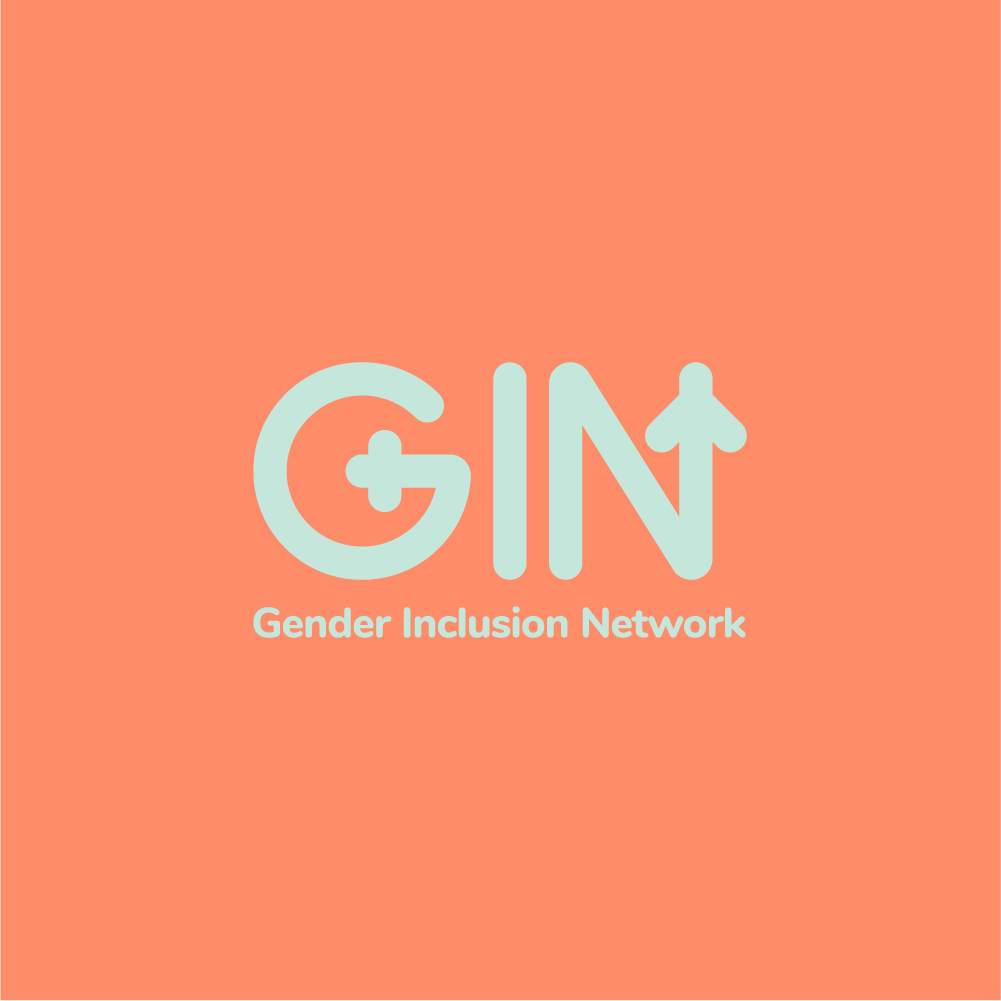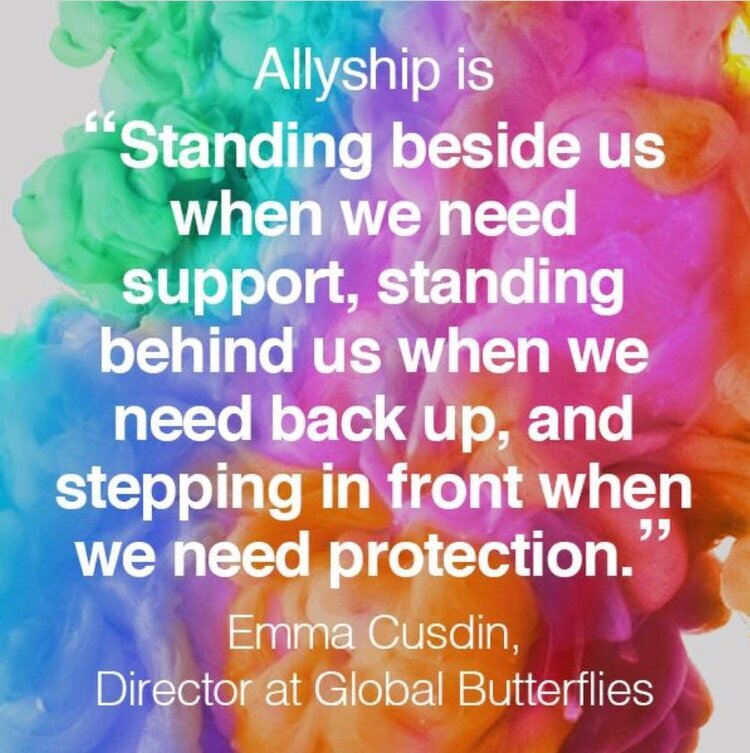Allyship is a verb that crosses boundaries
An insight into one of Dive In's most popular events
Many colleagues from the insurance industry have attended sessions with Dive In every year, and this year we were thrilled to be involved in one of the flagship UK events: “Allyship: a verb that crosses boundaries”. Our very own Alina Jipa was part of the panel, and committee member Adrienne Hipkin and Karen McDonagh Reynolds share their insights.
Dive In is a global movement in the insurance sector to support the development of inclusive workplace cultures. Its mission is to enable people to achieve their potential by raising awareness of the business case and promoting positive action for diversity in all its forms. Since its birth in 2015, Dive In has grown exponentially, reaching global heights with events taking place across 32 countries world-wide, attracting more than 10,000 people.
This year GIN were proud to sponsor Dive In 2020’s panel discussion on “Allyship is a verb that crosses boundaries”. And it’s no doubt that the event was inspiring, thought provoking and jam packed with practical advice and action that we can all take to be better advocates and allies.
GIN exec sponsor Clare Lebecq (Chief Executive, London Market Group) moderated the discussion with four awesome panellists. Emma Cusdin (Director, Global Butterflies), Dominic Mignon (UK CFO and CFO Human Capital Solutions, Aon), Teniola Tijani (Associate Underwriter, Travelers) and our very own GIN committee member, Alina Jipa (Head of Analytics, Insight and Reporting at Commercial Lines, RSA).
The panel helped the audience understand that the word “ally” does not denote an identity. It’s not who you are, it’s what you practice. It is a verb and as such it means you have to do something; take action; no matter how small.
It was clear that ally ship requires constant work from the privileged and majority voices. It’s not enough to just be aware of privilege; we have a responsibility to do something about it. And whilst ally ship is different for each community (it is not a one size fits all) there are however some basic guidelines, ideas and actions we can all take.
Listen:
Ask questions. Really listen to the answer
Don’t shy away from the conversation
Be comfortable in the uncomfortable
Learn:
Go find resources. Read /attend webinars/ join resource groups (you might find our Black Lives Matter resource guide a helpful reference point)
Diversify your learning resources and media; not just great for you but great example of how we can help our children learn
Speak:
Ask “how can I help you?”
Let people know when you are not comfortable
Use your position
If you were not comfortable at the time to deal with the behaviours, you don’t have to deal it with straight away
Speak to the person whose behaviours were wrong. Discuss in a calm way
Look at yourself:
Do not be an optical ally
Unlearn behaviours
Develop yourself
Really understand your bias / privilege / advantage blindness
Ask for and be open to feedback
Take actions:
Do not wait for perfection - start doing. Create a ripple
Eat the elephant one chunk at a time
Silent bystander = complicit
In summary, being an ally is hard work. It is much more than just liking a Linked In post. It is being curious, continuously learning and asking questions. It is turning privilege into change. It is practicing frequent acts of support and solidarity, marginalized groups, whether you personally belong to or identify with the group or not. It is acting with and for others in pursuit of creating equality.
If you want to hear more about this being an ally, or what being an ally actually means, you can listen back to the full recording of the session here.
Thank you to Adrienne Hipkin and Karen McDonagh Reynolds for sharing their insights on the latest event.



